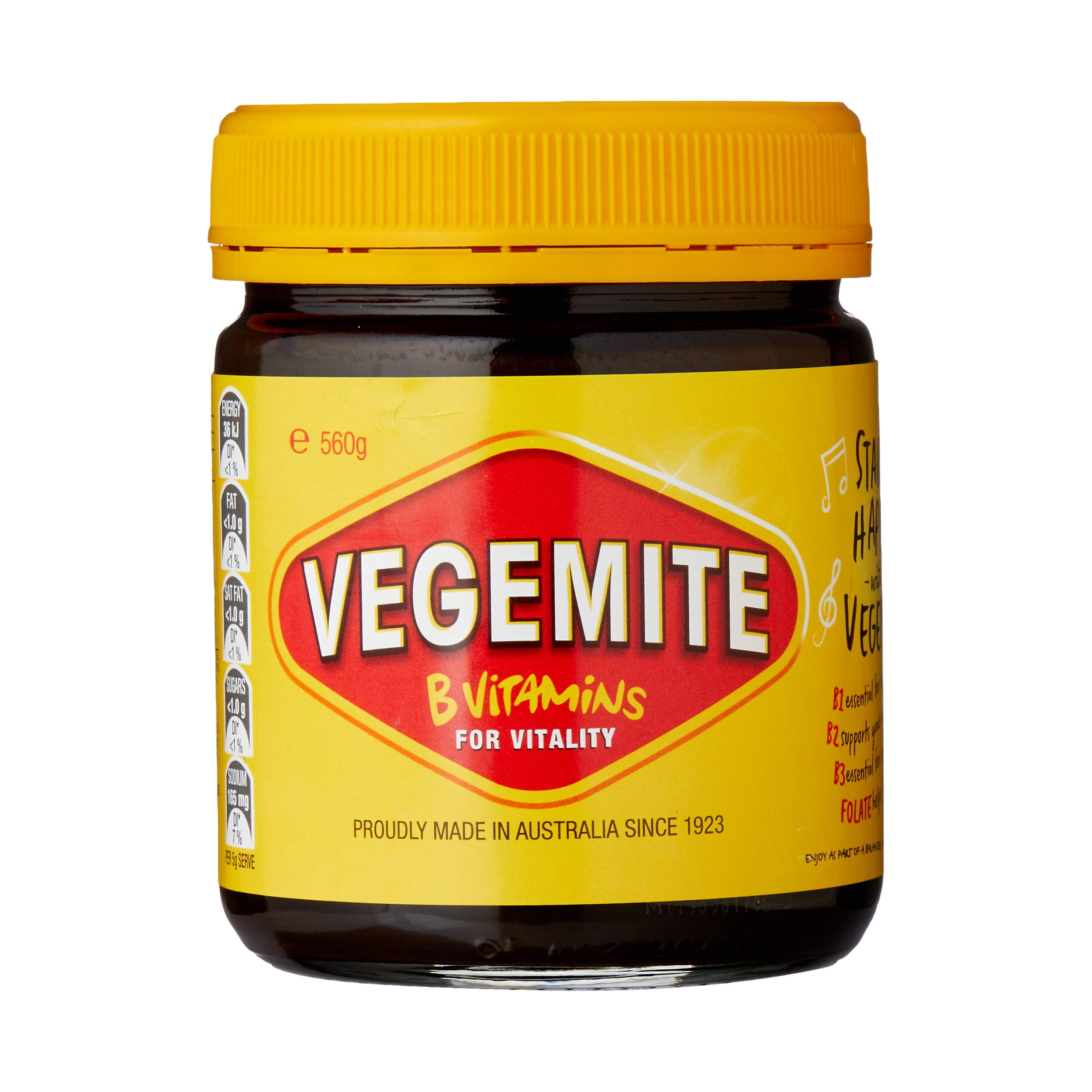

Housing, education, and healthcare costs have grown much faster than inflation.
Food, energy, cars, appliances and home goods, furniture, apparel, and other durable goods have generally grown slower than inflation, at least between 1980 and 2020. Much of the last 5 years of inflation, though have eaten away at some of those gains of the previous 30-40 years in those categories.
Electronics, technology, entertainment, most services have generally gone down in price.
So the basket of what we buy is different, with different ratios. A time traveler from the 80’s would be shocked to learn just how many ready made rotisserie chickens or pizzas you could buy for the wage equivalent to one hour of warehouse work, or how many big screen TVs you’d need to pay the average monthly rent for a 1-bedroom apartment. Plane tickets between New York and LA are basically cheaper than one month’s rent in the cheapest possible home you can find in either of those cities. The ratios are all different than before.
But with housing costs high, it kind of puts all of the effort into that single basket. When it used to be that 1/3 your income could comfortably go into housing costs, now in many cities it’s closer to half, even for people up the income scale, because the rest of life beyond having a roof over your head is just cheaper in comparison to that very basic need for shelter.










Beef is a bad example. It used to be cheaper than chicken and similar to pork, but the real cost of that land use policy that would allow such grazing in the west, and then the subsidies that make factory farm feedlots possible, wasn’t properly borne by the ranchers themselves. Today’s cost of beef is a better reflection of the true cost of raising that meat, that inefficiently.
If you do the same analysis with chicken or pork, you’ll find that we can and do afford to eat a lot more of those particular meats than we used to.
I fully expect beef to go like tuna, and slowly become a luxury item only for the rich within my lifetime. That is more of a trend with beef itself than broader trends in inflation generally.